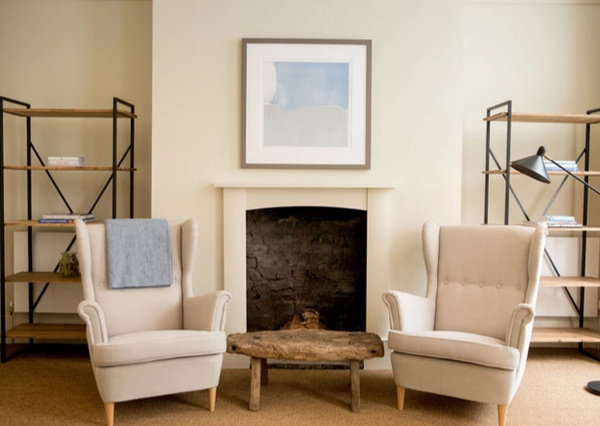Crisis houses and services
Some crisis houses or services accept self-referrals, and others only accept referrals from mental health services. There might be an assessment, which could take the form of a conversation with a member of staff, where they’ll consider the support they can offer, including, if it’s residential, the length of stay they can offer – often limited to a number of days or weeks.

Some residential crisis houses in the UK:
- Maytree Respite Centre. Located in London, Maytree is the only non-statutory, residential crisis house in England. It offers a one-off short stay (maximum 4 days) for people experiencing suicidal crisis. You will need to phone or email to be assessed. They have a no drugs or alcohol policy (apart from prescribed medication), and the assessment process is in place to determine whether or not they are the best place to support you. It is only possible to stay there once.
- Edinburgh Crisis Centre. Run by Penumbra, the Edinburgh Crisis Centre offers one-to-one support (appointment only, self-referral), as well as residential stays for up to a week for people experiencing a crisis.
- Coed Arian Community Crisis House. Run by Gofal, this is the only residential crisis house in Wales. It is open to residents of the Vale of Glamorgan (referral needed).
Some mental health trusts offer residential crisis care outside of a hospital setting, for
Leeds Survivor-Led Crisis House offers a telephone helpline (open every day from 18.00-02.00) and a crisis house from 18.00-02.00 for people in crisis. For people visiting for the first time, it’s possible to turn up in the evening between 18.00 and 19.00 (all spaces will be allocated by 19.30). People who have visited before need to contact the service to book a place. The crisis house is also open to parents with children.
James’ Place is a referral-only, non-clinical support centre in Liverpool providing suicidal crisis support for men. It is not residential.
Crisis cafes might also be offered in some mental health trusts. They are usually drop-in offer out of house (evening and weekend) support spaces. Check with your GP or MH team to find out what is available in your area.
You can find more details about different coping strategies, and ideas from voice-hearers living with difficult experiences, in our section on Coping with Voices.
Mental health crisis resolution teams
Mental health crisis teams support people in the community who are in crisis and need urgent help. They are known under different names in different parts of the country – for example, some are called ‘home treatment teams’ or ‘rapid response services’ – and they can often visit you in your own home.
A crisis team will carry out an assessment to find out how it is that they can help. Support might include medication, regular home visits, or referrals to other services for longer-term or more intensive care.
To find out details of your local crisis team, ask your GP surgery, call NHS 111, or search online for “NHS mental health crisis team [Name of
Many mental health crisis teams require a referral from a health or social care professional, but some accept self-referrals. You can find out if you can self-refer by asking the crisis team, visiting your local NHS Trust’s website or by phoning NHS 111.
Mental health crisis services should arrange assessments quickly – within a day or a few days of receiving a referral, depending on how busy they are. You can find more information about how they work on these pages from Rethink.
Remember: If you are experiencing a mental health crisis and are under the care of a Community Mental Health
